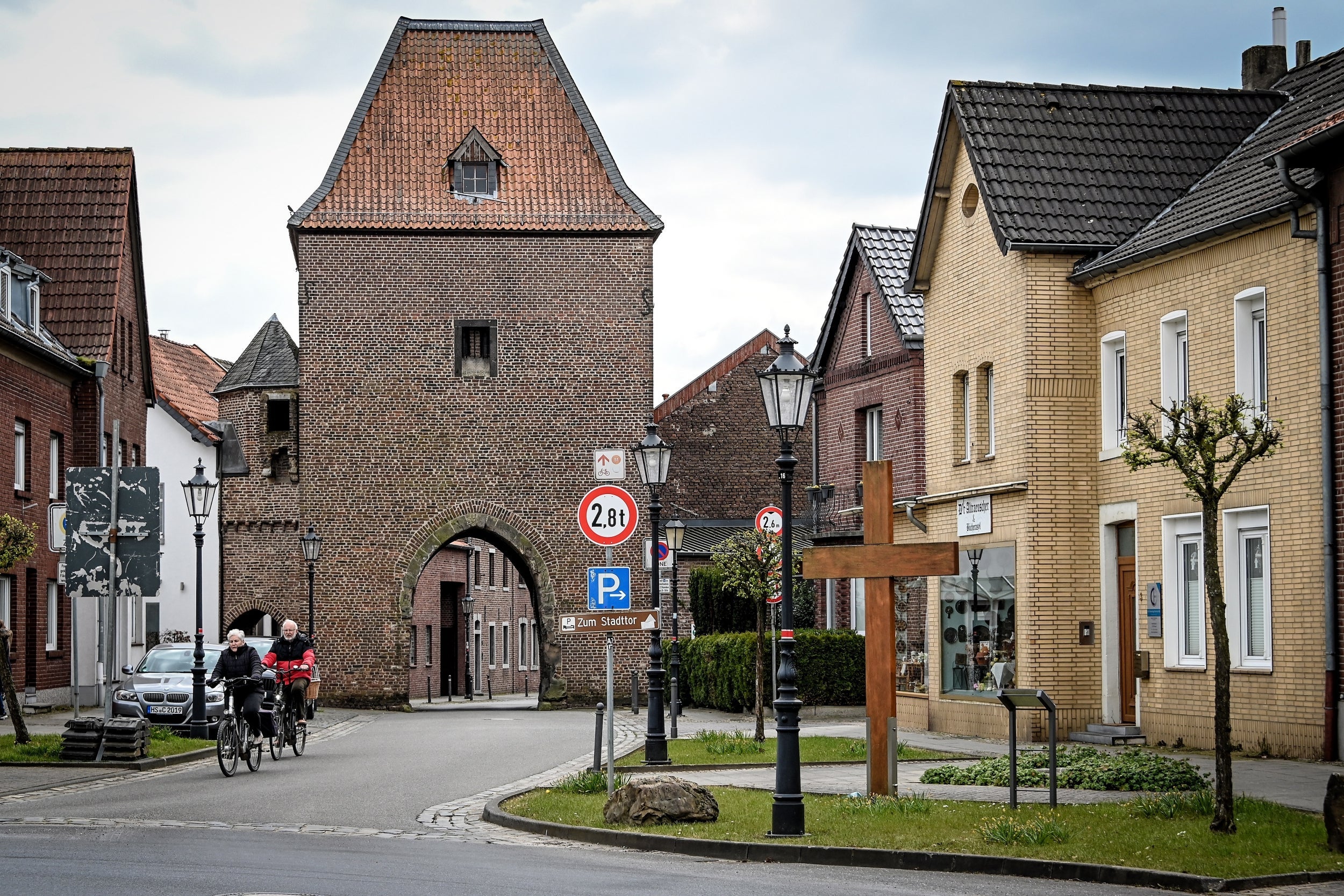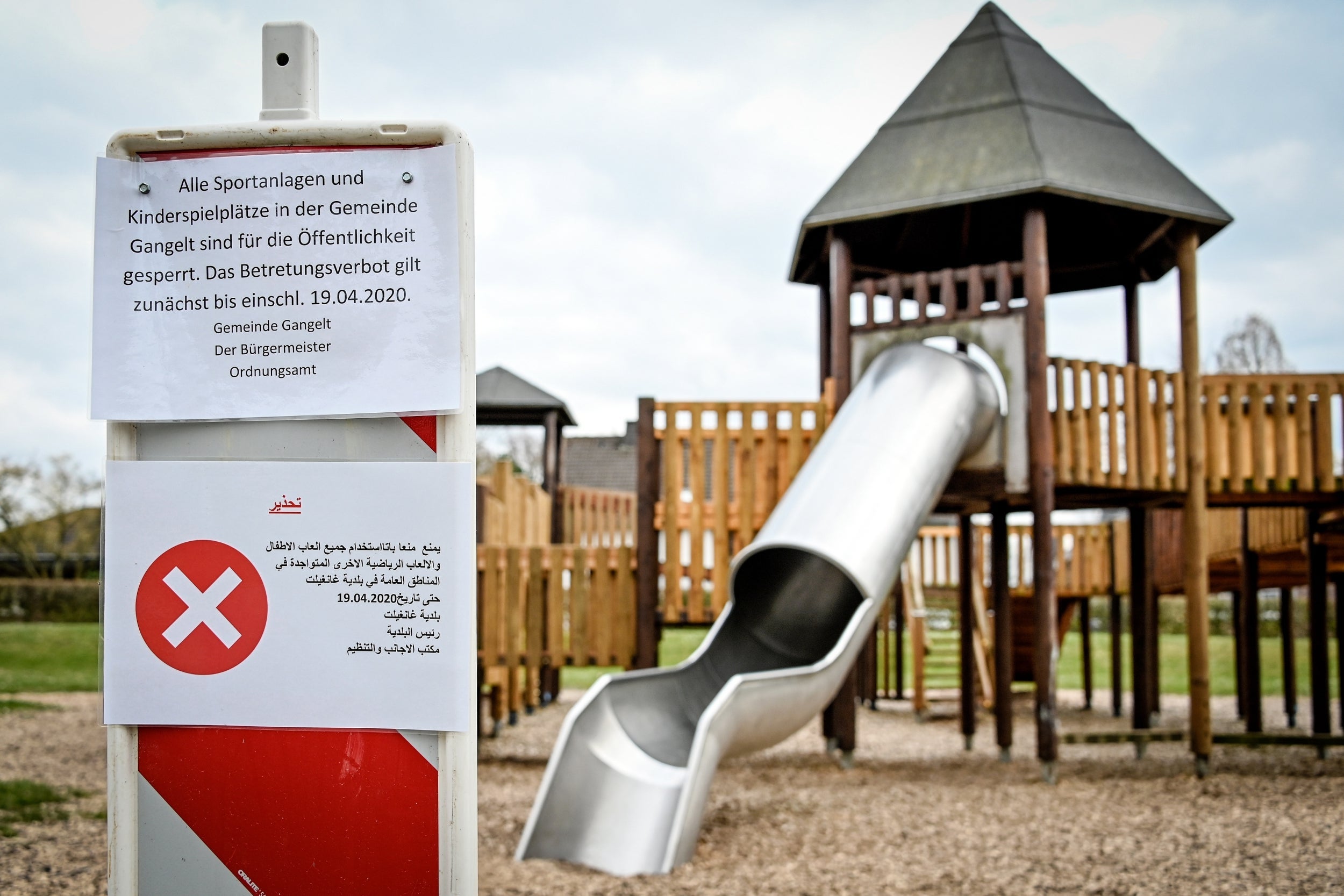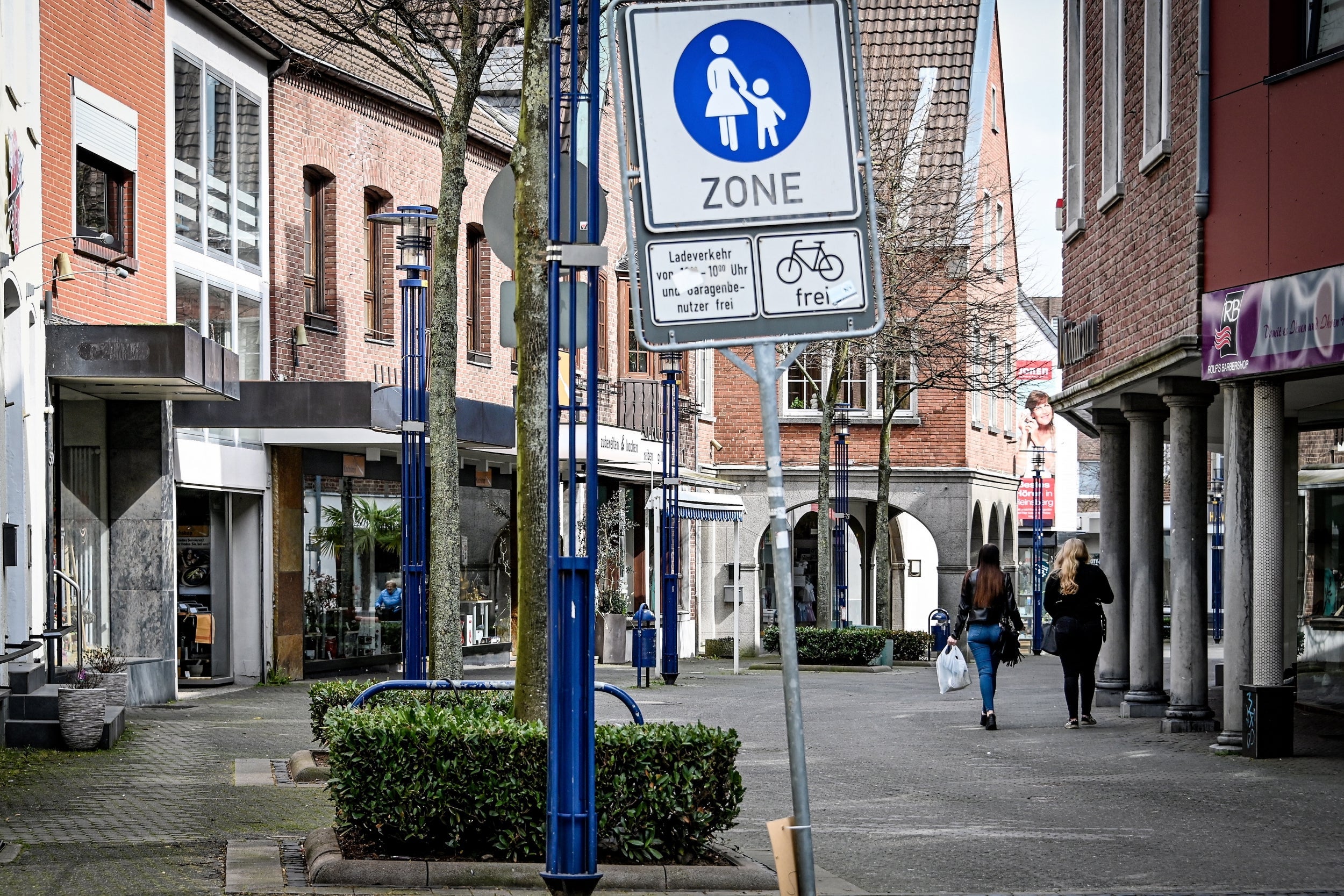How ‘Germany’s Wuhan’ created the blueprint for fighting coronavirus
District administrator tells Jessica Bateman how Heinsberg avoided huge levels of fatalities after becoming country’s first epicentre for Covid-19


When Heinsberg, a small rural region close to the Dutch border, was given the label of the “German Wuhan”, district administrator Stephan Pusch saw an opportunity. He reached out to the Chinese city and offered a partnership. “I just thought, why not?” he explains. “The people of Wuhan and Heinsberg have had the same experience.”
Since February, this village-filled district in the state of North-Rhine Westphalia has been home to Germany’s biggest Covid-19 outbreak. A total of 1,711 cases have been recorded out of a population of 250,000. Other regions in Germany had time to stock up on ventilators and PPE, but Heinsberg was forced immediately into crisis mode. And it worked – now there are just 337 people infected, with 62 deaths and the rest recovered. The actions taken here have become a blueprint for others on how to respond to the pandemic.
It started when two patients with Covid-19 were submitted to intensive care in the local Hermann-Josef hospital on 25 February. It is not clear how they became infected. “They were both low risk, under the age of 50, yet were in real life-or-death situations,” says Mr Pusch. The couple had also been at carnival celebrations the week before: “It really was the worst possible conditions for spreading the virus.”
The district’s crisis unit met that day and decided to lock down the region immediately. “We closed schools and kindergartens and told people how to behave,” he says. The rest of the country did not enter lockdown until mid-March.

Intensive care capacity at the small rural hospital was reached within two weeks of the outbreak beginning and staff soon suffered PPE shortages. “We used in one month what we usually use in a year,” says hospital director Jann Habbinga. The solution was quick cooperation with other hospitals, and 30 patients were transferred elsewhere.
And although Germany has been praised for carrying out large numbers of coronavirus tests, Mr Pusch says that it took time to work out how to deliver these. “You don’t want infected people coming to the hospital,” he says. Now, there are two dedicated testing centres, and appointments are booked by phone to avoid queues.
The shortage of PPE also led Mr Pusch to accept donations from Chinese enterprises – a decision criticised by some as playing into the country’s propaganda strategy. “I had to take a practical view,” he says. It also led to the aforementioned offer of a partnership: “It’s not to connect the officials, but to connect the people. Both people had a serious problem and they had to solve it.”
As the idea of lockdown was unfamiliar in Germany at that point, the politician, who is from Angela Merkel’s CDU party, also knew he had to communicate with the public effectively. He began making daily Facebook livestreams, updating residents and explaining what decisions were being made and why. He believes this has been a key factor in the district’s success.

“It was actually my wife’s idea,” he says. “I try not to use typical political speech but understandable, direct speech, that builds trust… You have to bring people together in solidarity, so they know this is a problem we have to solve together.”
One of his first priorities was to try prevent people taking out their stress on each other. “I said, please behave in a human way, don’t use hate speech,” he says. “I know the dangers of social media.” He also has also used the platform to quickly correct fake news messages and to warn against panic buying.
A local entrepreneur, Frank Reifenrath, also started a #HSbestrong hashtag and Facebook page to help reinforce the message. “I repeated this hashtag each day, and it spread a lot,” says Mr Pusch.
On the Facebook page “You Know You’re From Gangelt When…”, a community page for the worst-hit town Gangelt, residents are discussing whether Mr Pusch should receive a Merit Medal from the German government, or even run for state president. But he doesn’t want to take full credit. Both he and Mr Habbinga say the quick decision making and solution finding was down the good cooperation in the crisis team, which practices emergency simulations every year.
Now the district is tentatively looking towards how it may ease lockdown. Germany plans to reopen some schools on 4 May, but Mr Pusch is quick to warn that governments are still lacking a strategy on how to deal with a resurgence of the virus. A recent study found that 15 per cent of people in Gangelt had antibodies, suggesting they had caught coronavirus. Mr Pusch says they were expecting the figure to be closer to 30 per cent. The district is currently carrying out tests on residents of care homes and other institutions, as they are most vulnerable.
“Our job will be to keep a really close view on how new cases spread,” he says. “When you have hundreds of cases [contact tracing] becomes impossible.” Like other politicians, he is pinning hopes on the development of an app that will help with contact tracing without infringing on privacy. “I hope this will work,” he concludes.
Join our commenting forum
Join thought-provoking conversations, follow other Independent readers and see their replies
Comments
Bookmark popover
Removed from bookmarks